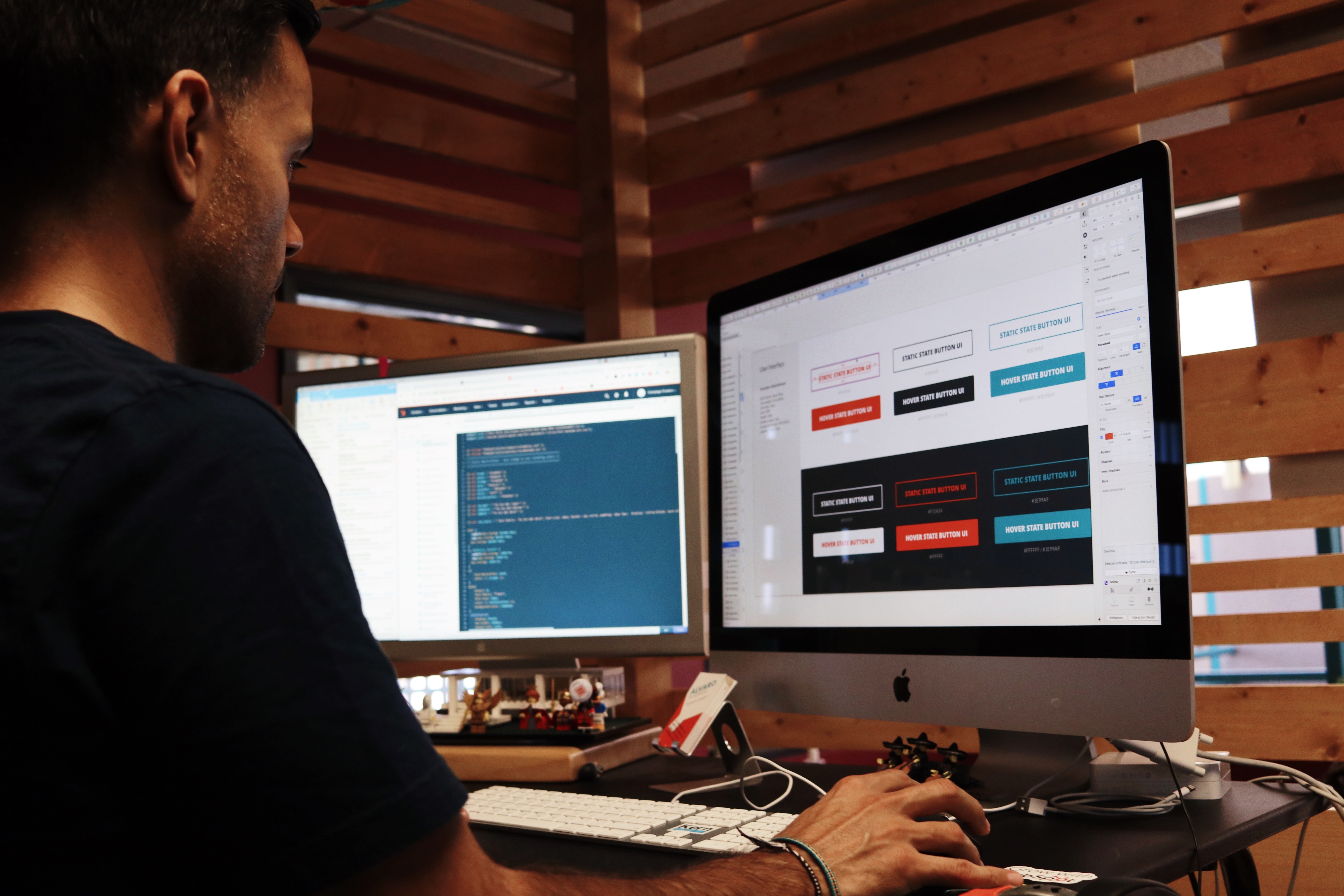5 web hosting factors that can affect your website's SEO
Maximize SEO performance by considering web hosting factors

Once you've got the best web hosting for your new site, and used one of the best website builders to build it, search engine optimization (SEO) is key to keeping your site on top and ranking highly. In the modern world, you need to always be on your SEO game in order to keep visitor traffic flowing to your site.
SEO means tailoring your site and content, so that the site can rank as highly as possible in Google, Bing, or Yahoo! search results. Your ideal scenario is that when someone searches for a keyword relevant to your business, your site is the first link to appear onscreen.
However, while much of a website's SEO score is derived from content, an integral role is played by web hosting. Here, we outline the five most important web hosting factors to take into account that can either make or break the organic traffic coming to your website.
1. Slow website speed

No one likes to wait for a webpage to load. In fact, waiting is so loathed across the internet that major search engines like Google factor your site’s loading speed into your SEO score. Sites that take more than a few seconds to load are penalized, while sites that load instantly are given a boost in search results.
So, choosing a hosting provider that can provide visitors with a speedy experience is essential to your page ranking. If you can afford it, consider upgrading to the best VPS hosting or the best cloud hosting from slower shared hosting. That’s especially important if you have more than a few thousand visitors to your site each month.
Also, make sure that your host’s data center is located close to your audience. The further data has to be transmitted back and forth, the longer it takes for your website to load. You may also want to consider setting up page caching with your host or enlisting the help of a content delivery network (CDN).
All that said, be sure to take a look at your website content before you go blaming your web host for slow loading. Large images, poorly built plugins, and even sloppy HTML and Javascript code can all weigh down your site and hurt your SEO score.
Get instant access to breaking news, the hottest reviews, great deals and helpful tips.
2. Website downtimes
The only thing worse than a slow site is one that won’t load at all. Downtime is almost always caused by problems at your host—it may be due to hardware failure, an overloaded server, a security breach, or something else.
Unfortunately, your website’s SEO performance can drop even if your site is offline for just a few minutes at a time. Google and other search engines can flag your website as being unreliable. If the downtime lasts for days instead of minutes, Google may de-list your site from search results altogether.
When choosing a web hosting provider, check whether they offer an uptime guarantee and how good it is. A 99% uptime guarantee means your site could still be down for several days each year, but a 99.99% guarantee means your site will be down for just a few minutes each year.
3. Database connection failure

If you and your visitors are seeing a warning message that says "Internal Server Error" or "Database Connection Failed", it’s because your server has been overloaded with traffic. This won’t hurt your SEO score as much as your website being fully offline, but it can push your site’s bounce rate way up.
In the short term, you can create a cached copy of your site or popular pages so that visitors don’t actually need to connect to the database stored with your host. On WordPress, the easiest way to accomplish this is with a free plugin called WP Super Cache.
In the long term, though, you’ll want to consider upgrading your hosting plan. Database errors result from the fact that you simply don’t have enough bandwidth to handle all your traffic. Ask your hosting provider about scaling up to a VPS or cloud hosting plan.
4. Using shared hosting services with spammers
Although not a common issue, sharing your server with spammy websites and email addresses can actually hurt your website’s search rankings. When search engines penalize spammy websites, they penalize every site using that IP address—which could include your website if you’re using a shared hosting plan.
If you’re worried this might be a cause of poor SEO performance, it’s easy to check. Enter your URL in the Reverse IP Domain Check tool to see who else is using your IP address.
5. Incorrect TLD

If at all possible, make sure your website URL uses a .com TLD (top-level domain). For better or worse, this is what people assume you’re using when they go to look for your website. If your website address ends in .net or .co (a Colombian TLD, not a clever alternative to .com!), visitors will have trouble finding your site.
The unfortunate reality is that most of the best .com website names have been taken, so there’s something of a trade-off here. Whatever you decide to do, make sure that your website name is short and memorable and that your TLD isn’t too obscure if you can’t acquire a .com address.
Web hosting factors: Conclusion
Managing your website’s SEO is a big job that never seems to end. While much of your site’s SEO score is derived from your content, it’s important to keep an eye on hosting factors that can have an outsized impact on your search rankings. By taking the time to choose the best hosting provider for your site, you can eliminate many of these potential SEO problems right from the start.
Further reading on SEO and domain names
For more on SEO and websites, take a look at our articles listing nine SEO tips that can improve your Google ranking, and how web hosting affects SEO. To learn more about domain names, learn how to choose a domain name and what small businesses must consider when registering a domain name.
Michael Graw is a freelance journalist and photographer based in Bellingham, Washington. His interests span a wide range from business technology to finance to creative media, with a focus on new technology and emerging trends. Michael's work has been published in TechRadar, Tom's Guide, Business Insider, Fast Company, Salon, and Harvard Business Review.
 Club Benefits
Club Benefits






